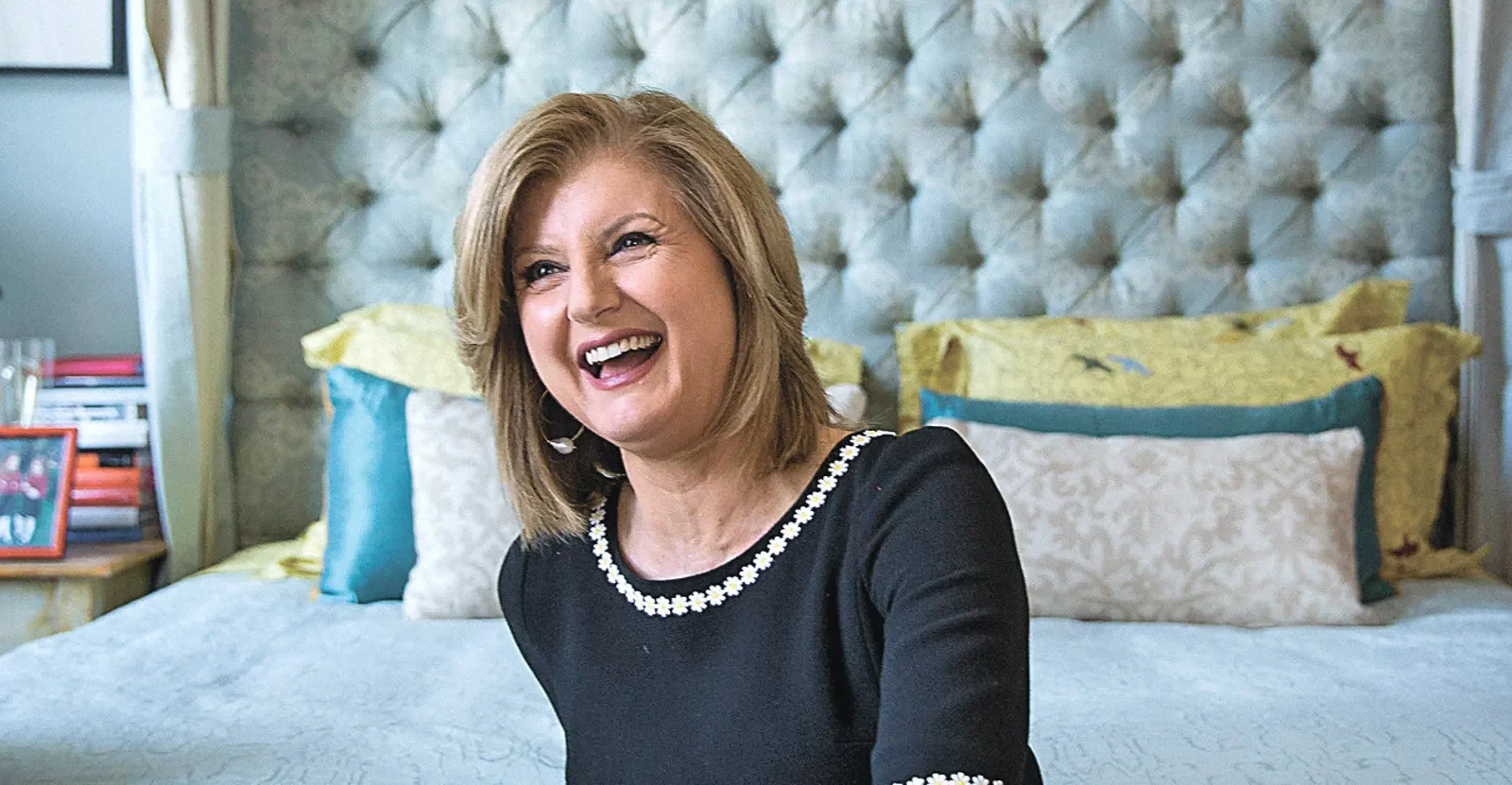Each year towards the end of December, it has become a tradition for major wordsmiths to choose one word that sums up the shared experiences of the previous year. In this age of dysfunctional workplace interactions—quiet quitting, quiet firing, productivity paranoia, The Great Regret and boomerang employees—it’s no surprise that wordsmiths have latched on to negative words to review the year of 2022. The human mind is hardwired to focus on the obstacle for survival purposes. So it’s not surprising that this “negativity bias,” as neuroscientists call it, is reflected in the words chosen by the major wordsmiths.
Merriam Webster’s 2022 word of the year, for example, is gaslighting—a word that describes the strategy of deliberately undermining someone’s perspective to make them doubt their observation or experience of an event and compromise their mental health.
Oxford English Dictionary’s choice is goblin mode—a slang term, often used in the expressions ‘in goblin mode’ or ‘to go goblin mode’. It refers to a type of behavior which is unapologetically self-indulgent, lazy, slovenly or greedy, typically in a way that rejects social norms or expectations.
With all the mounting crises the world has faced during 2022, it’s perhaps no surprise that Collins Dictionary chose the word permacrisis—a term describing an extended period of instability and insecurity—as their word of the year. The term “perfectly embodies the dizzying sense of lurching from one unprecedented event to another, as we wonder bleakly what new horrors might be around the corner,” according to Guardian editor David Shariatmadari.
Arianna Huffington’s Word Of The Year
At the end of each year, I like to consult with Arianna Huffington, founder and CEO of Thrive Global, for her word choice. And there’s a reason why. In contrast to other dictionary wordsmiths, Huffington picks words that communicate hope, optimism and possibility as we face worldwide obstacles and challenges, which is what the world and the workplace needs as we move into 2023. When you look at many other word-of-the-year names, they select words that connote negative aspects of the previous twelve months. Huffington’s word for 2021, for example, was “Resilience+,” and she says it’s her leading contender for word of the decade.
Her word of the year for 2022 is, are you ready? Drum roll. Human Energy. “This has been a year in which we’ve made huge strides in recognizing the truth of how humans recharge and achieve peak performance with human energy moving to the center of our conversation about work, well-being and our physical and mental health,” she told me. “For decades the science has been growing increasingly clear that humans are not machines and that powering through exhaustion without taking time to recharge just leads to burnout. But it’s taken a while for the culture to catch up to science. Next year (2023), our collective challenge is to turn our awareness into action.”
What’s The Big Deal About A Word?
You might ask, “What’s the big deal about a word?” But words carry tremendous power, and the words we use impact our mental health. When used to summarize a year, words can affect moods and mindsets of a culture’s future. They guide our thoughts and emotions and can bring hope or despair, especially as billions of people across the globe continue to make sense out of and move beyond deep pandemic grief and compromised mental health.

Words create a mindset that influence worker engagement, productivity and the company’s bottom line. When the American workforce has hope, feels cared about by higher-ups and has enthusiasm about their role in the workplace, the company profits automatically go up. A body of research has shown over and over again that optimism dwarfs pessimism and that optimists scale the career ladder faster and farther than naysayers. According to Huffington, “It’s similar to happiness, actually—another quality we tend to idealize as an end state. But Professor Richard Davidson, professor at the University of Wisconsin, has shown that we can actually train ourselves to be happier through practice in very tangible and measurable ways by giving ourselves the resources to deal with the ups-and-downs of life.”
The American Psychological Association’s Stress in America report found that nearly eight in 10 adults say the pandemic was a major source of stress, and 60% are still overwhelmed by issues currently facing America. According to a CDC report, 41% of Americans have struggled with mental health issues such as anxiety, depression or substance abuse related to the pandemic. These are depressing numbers, but it’s important to remember that, though our need for resilience is endless, so is our human capacity for it.
“In a sense, as we look back at the year behind us and look ahead to the new year, as we come to grips with the realization that there will be no idyllic ‘post-pandemic’ future,we’re moving into adulthood as a culture,” Huffington observed. “When we’re children we think there will come a day when we’ll have arrived, when we’ll have everything we want, when we’llfeel settled and complete. But when we grow up, we realize that day never comes, that life is a constant process of change and evolution. Similarly we’ve gone from waiting fora return to normal to realizing that there will never be a static normal, that we’ll never be able to just do maintenance over our lives.”
Arianna Huffington will speak at Resiliency 2023—the largest, live, international and cost-free resiliency conference on the planet—on September 8, 2023.


